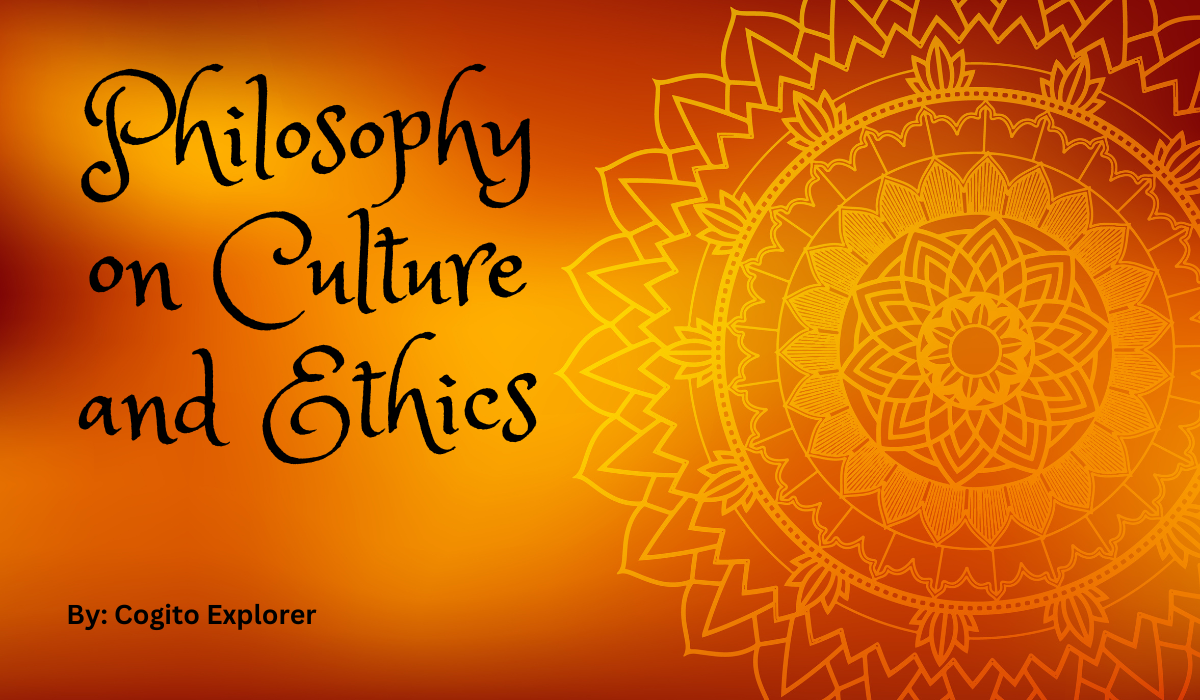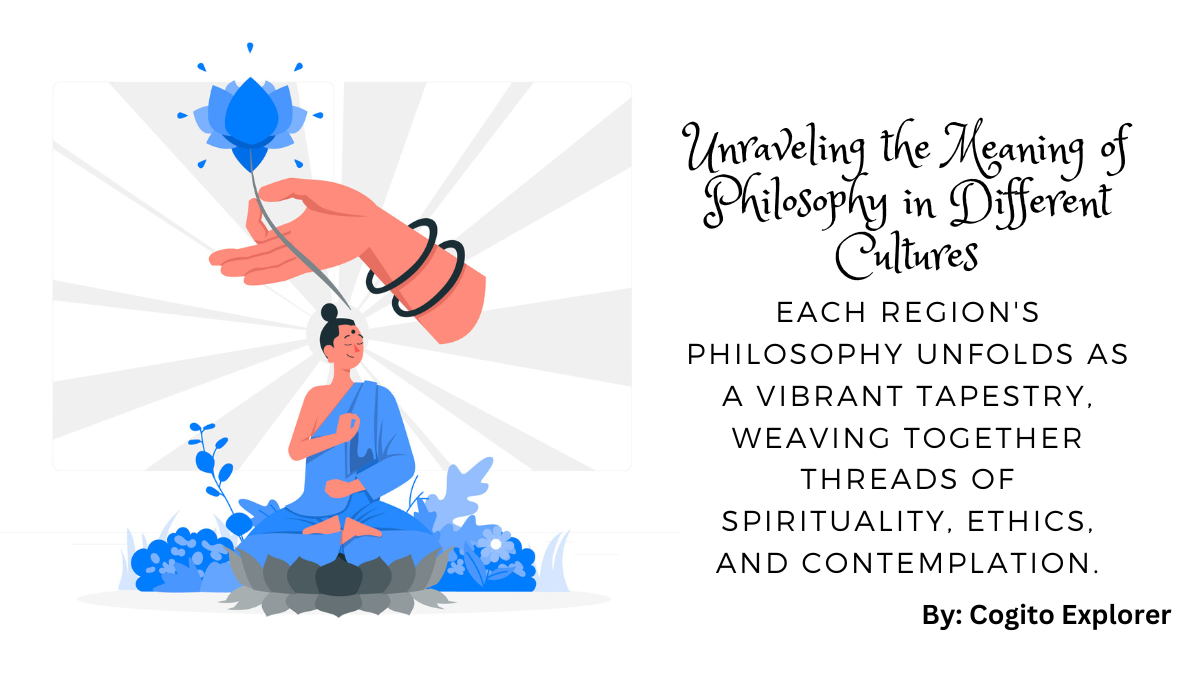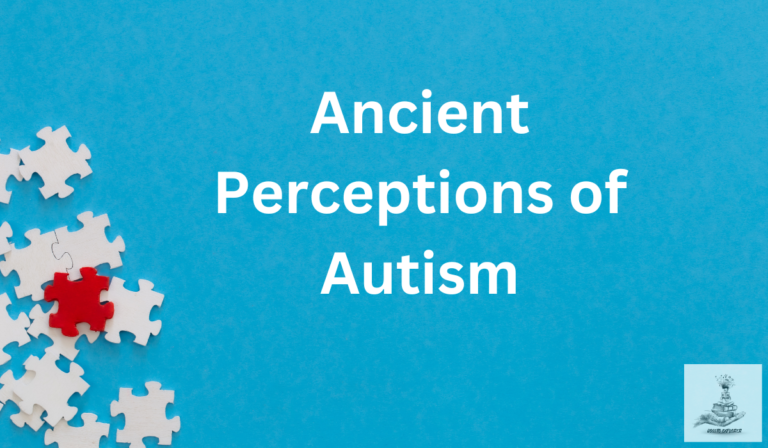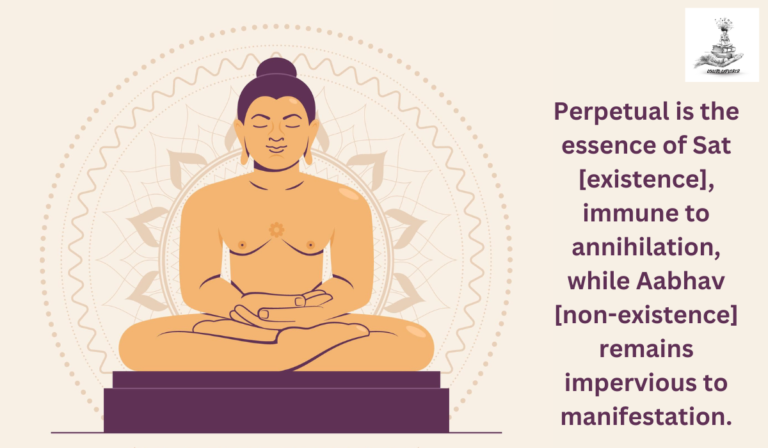Unraveling the Meaning of Philosophy in Different Cultures

Heading |
Subheading |
Introduction |
-Exploring the term ‘Philosophy’ |
Philosophy Meaning in Hindi |
– Exploring the Concept in Hindi |
Philosophy Meaning in Tamil |
– Unraveling Philosophy in Tamil Culture |
Philosophy Meaning in Marathi |
– Understanding Philosophy in Marathi |
Philosophy Meaning in Bengali |
– Philosophy’s Significance in Bengali Culture |
Philosophy Meaning in Gujarati |
– Delving into Philosophy in Gujarati |
Influence on Society |
– Impact of Philosophy on Culture and Ethics |
Conclusion |
– Embracing the Diversity of Philosophical |
Introduction
Philosophy is a word that has many different meanings in different cultures. Each region’s philosophy unfolds as a vibrant tapestry, weaving together threads of spirituality, ethics, and contemplation. It refers to a rich tradition of inquiry into fundamental questions about existence, reality, knowledge, ethics, and the nature of the self.
It often incorporates spiritual and religious dimensions into its discussions. The term encompasses a diverse range of schools of thought that have evolved over thousands of years. In this article, we embark on a journey to unravel the meaning of philosophy in cultures.
Philosophy Meaning in Hindi
The meaning of philosophy in Hindi is referred to as “दर्शन” (Darshan). It defies intellectual discussion and has a close connection with spirituality. Concepts like “Dharma” (righteous duty) and “Karma” (action) play significant roles in shaping philosophical discourse in Hindi. It is a holistic approach to life that encourages people down the path of ethical and moral living.
Philosophy Meaning in Tamil
In Tamilnadu, the meaning of Philosophy is “தர்மம்” (Dharmam). It’s a timeless journey encapsulated by the verses of “Tirukkural“. This study of philosophy not only promotes ethical living, love, and virtue but also serves as a guiding beacon for individuals. It will be providing a moral compass to help them navigate life’s complexity. Tamil philosophy maintains a dynamic force, establishing values that not only mold individual character but also develop a collective cultural identity.
Philosophy Meaning in Marathi
Philosophy meaning in Maharashtra is known as “तत्त्वशास्त्र” (Tattvashastra). It is an in-depth study of metaphysical inquiries. Marathi philosophy, based on the rich cultural foundation, considers not just the nature of reality and the individual, but also how they interact with the outside world. This philosophy will be inspired by legendary saints such as Dnyaneshwar, who will create a tapestry of great truths. He offered an unusual viewpoint on the existence of transcending individual contemplation and connecting with the universal cycle of life.
Philosophy Meaning in Bengali
Philosophy, referred to as “দর্শন” (Darshan) in West Bengal. It is more than just a scholastic endeavor. It’s a vibrant manifestation of the cultural intersection of intellect and heart. This harmonious blend is found in the works of famous philosophers like Tagore and Vivekananda. Their contributions go beyond the realm of thought, infiltrating literature, arts, and societal meetings, having a tremendous impact on Bengal’s overall lives. The region’s philosophical environment displays not only intellectual depth but also an emotionally resonant exploration of existence and purpose.
Philosophy Meaning in Gujarati
In Gujrati, Philosophy referred to as”દર્શન” (Darshan), encapsulates a profound exploration of knowledge and self-realization. Gujarati psychology is rooted in the region’s cultural and spiritual past. They draw inspiration from treasured classics such as the Bhagavad Gita. This way of thinking not only brings the world together but also obligates spiritual development.
Impact of Philosophy on Culture and Ethics

Philosophy’s effect goes beyond higher education. It can influence not only the cultural environments but also serves as the foundation of ethical theories. Now we will explore the complicated connection between philosophical ideas and cultural standards and see how moral principles impact the fundamental character of collective human behavior. Philosophical ideas, which represent core beliefs and values which is crucial in developing cultural norms. Cultural standards, create a constant and mutually beneficial connection that forms a society’s ethos.
Conclusion
In the diverse tapestry of India, each region weaves its unique philosophical fabric, reflecting the cultural, linguistic, and historical nuances that shape its worldview. Together, these philosophical expressions showcase the unity in diversity that defines India, providing profound insights into the cultural and intellectual richness of the nation.







